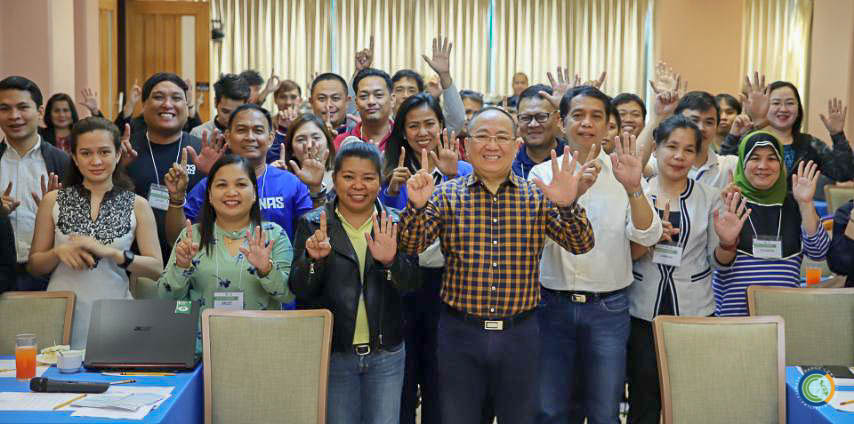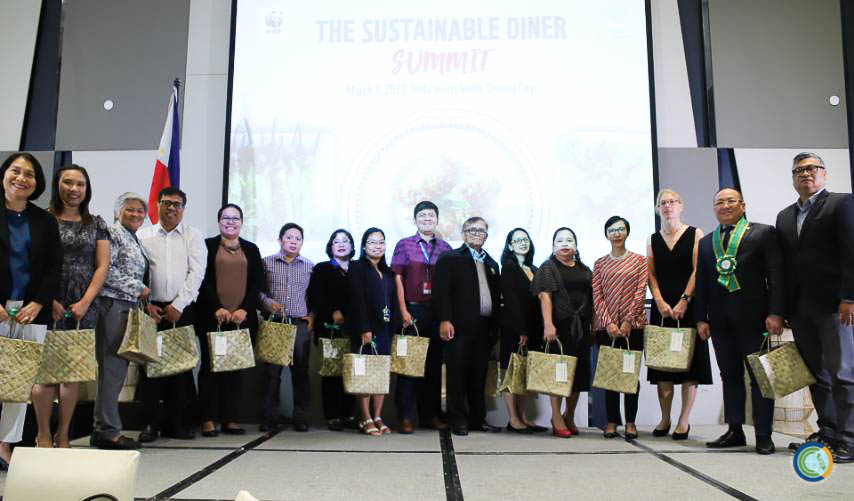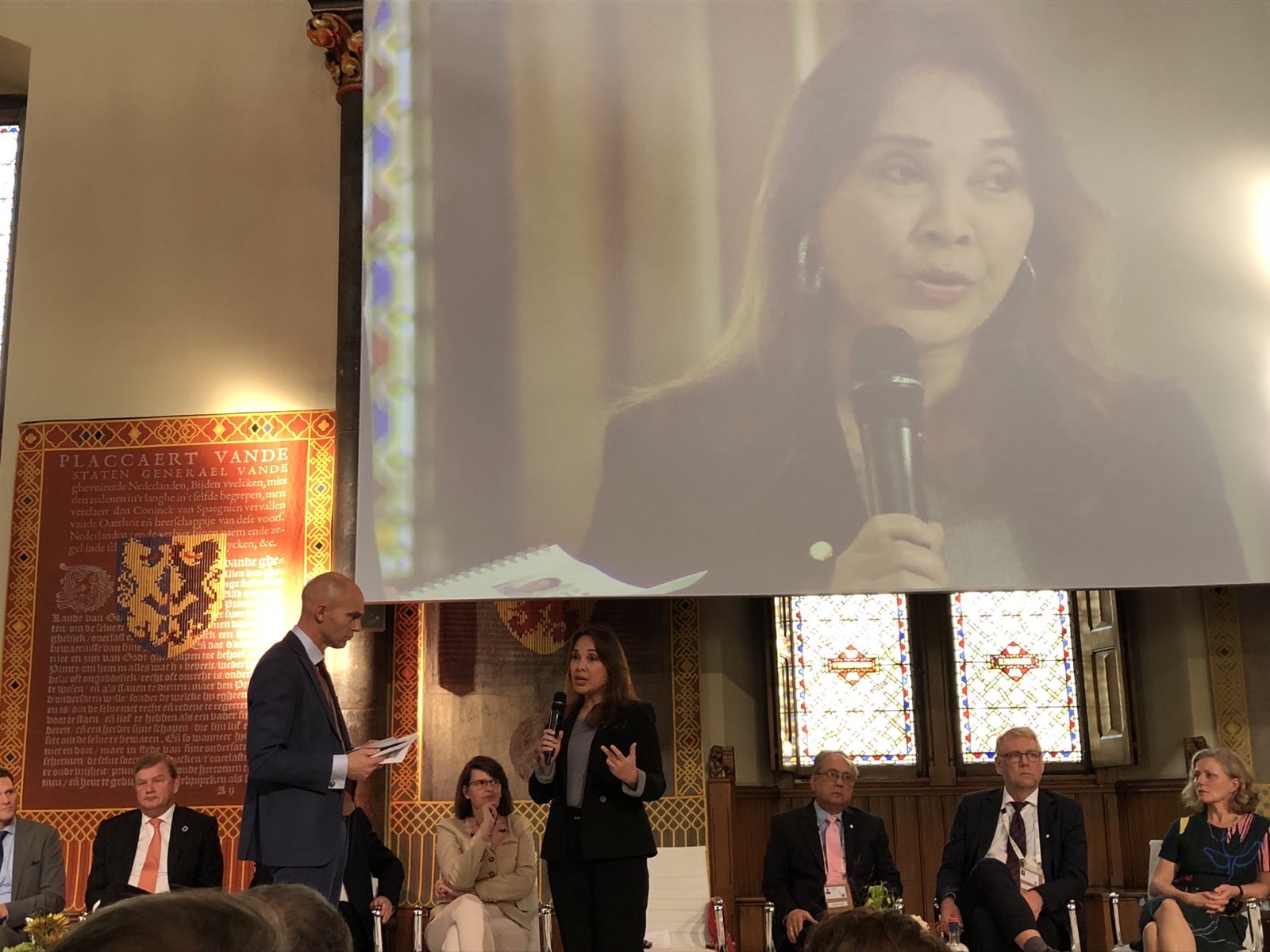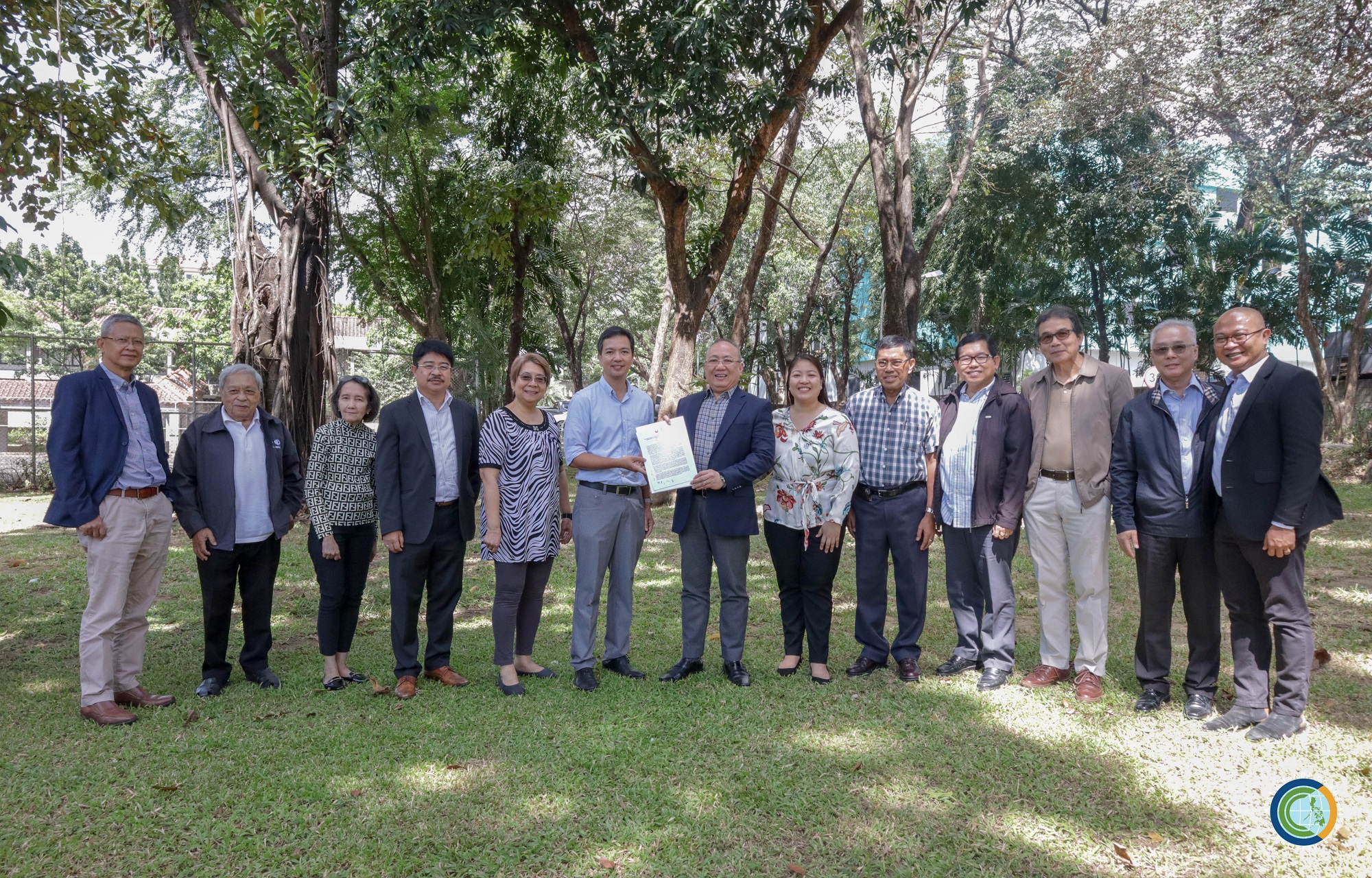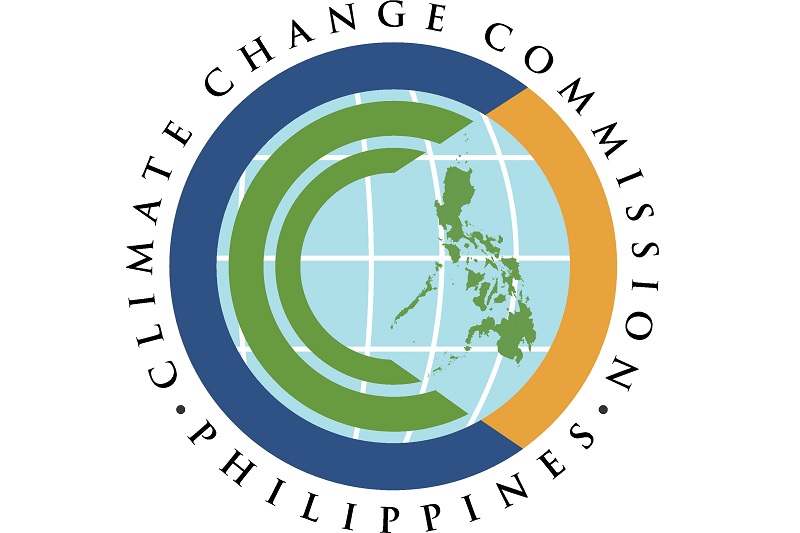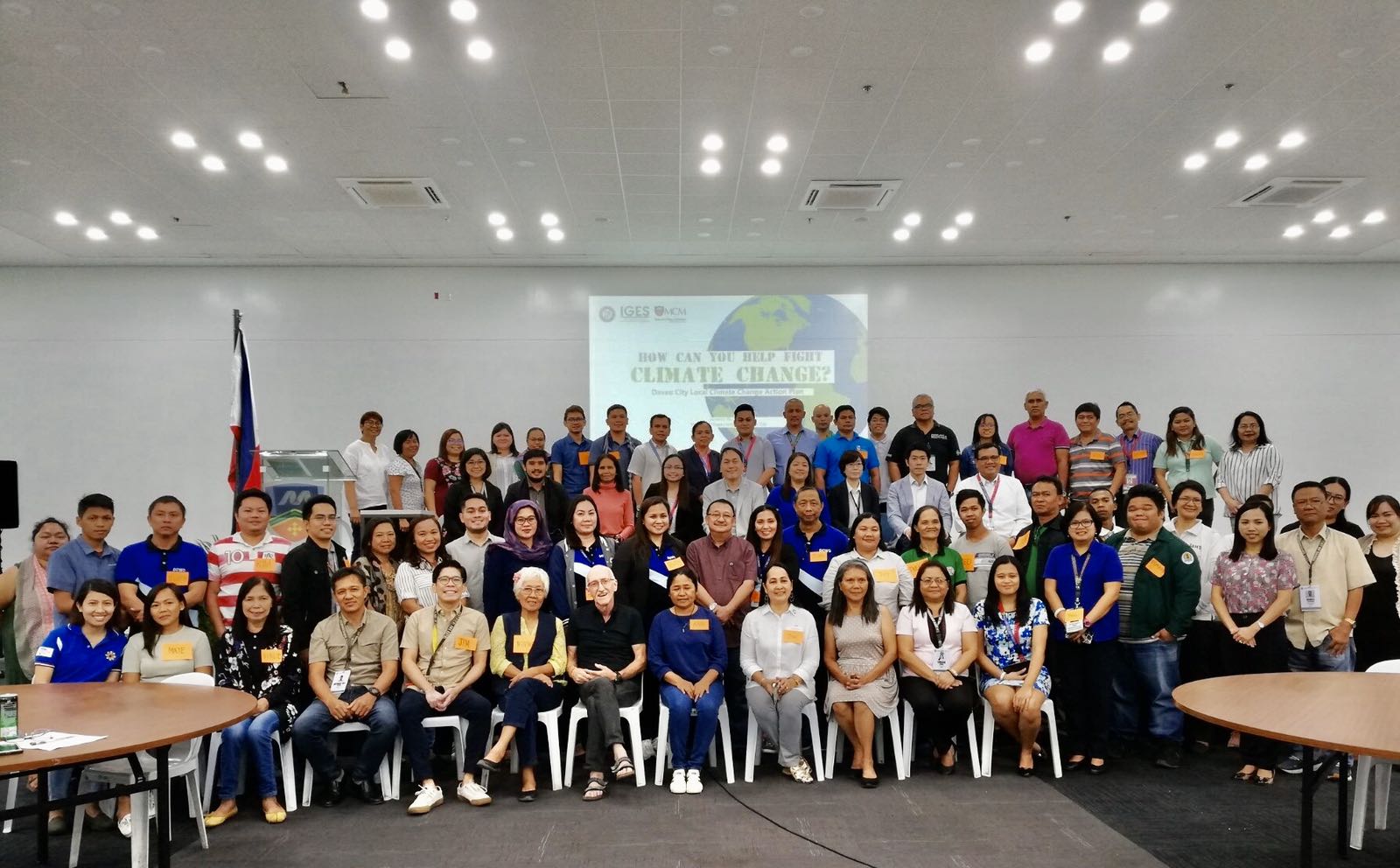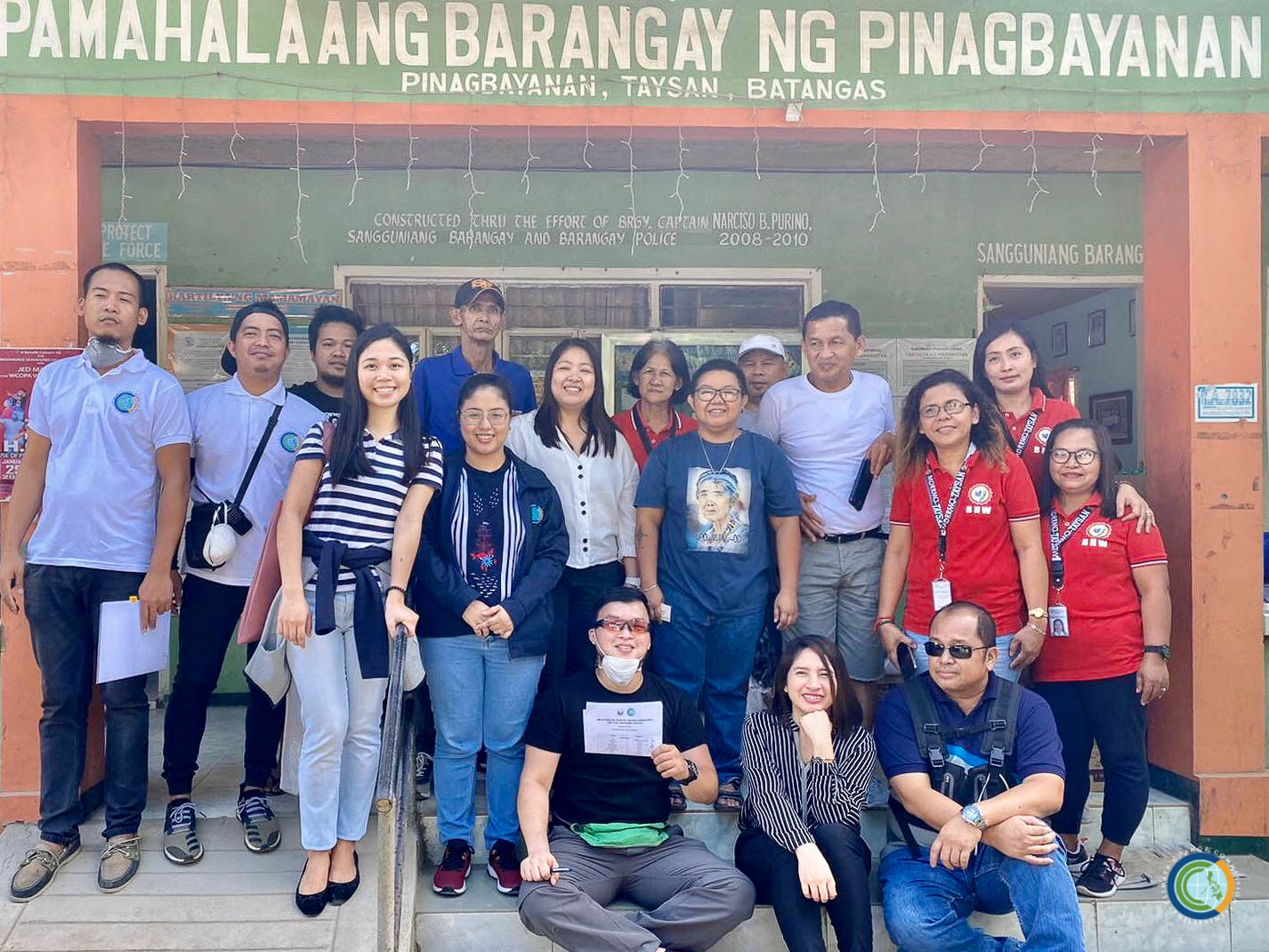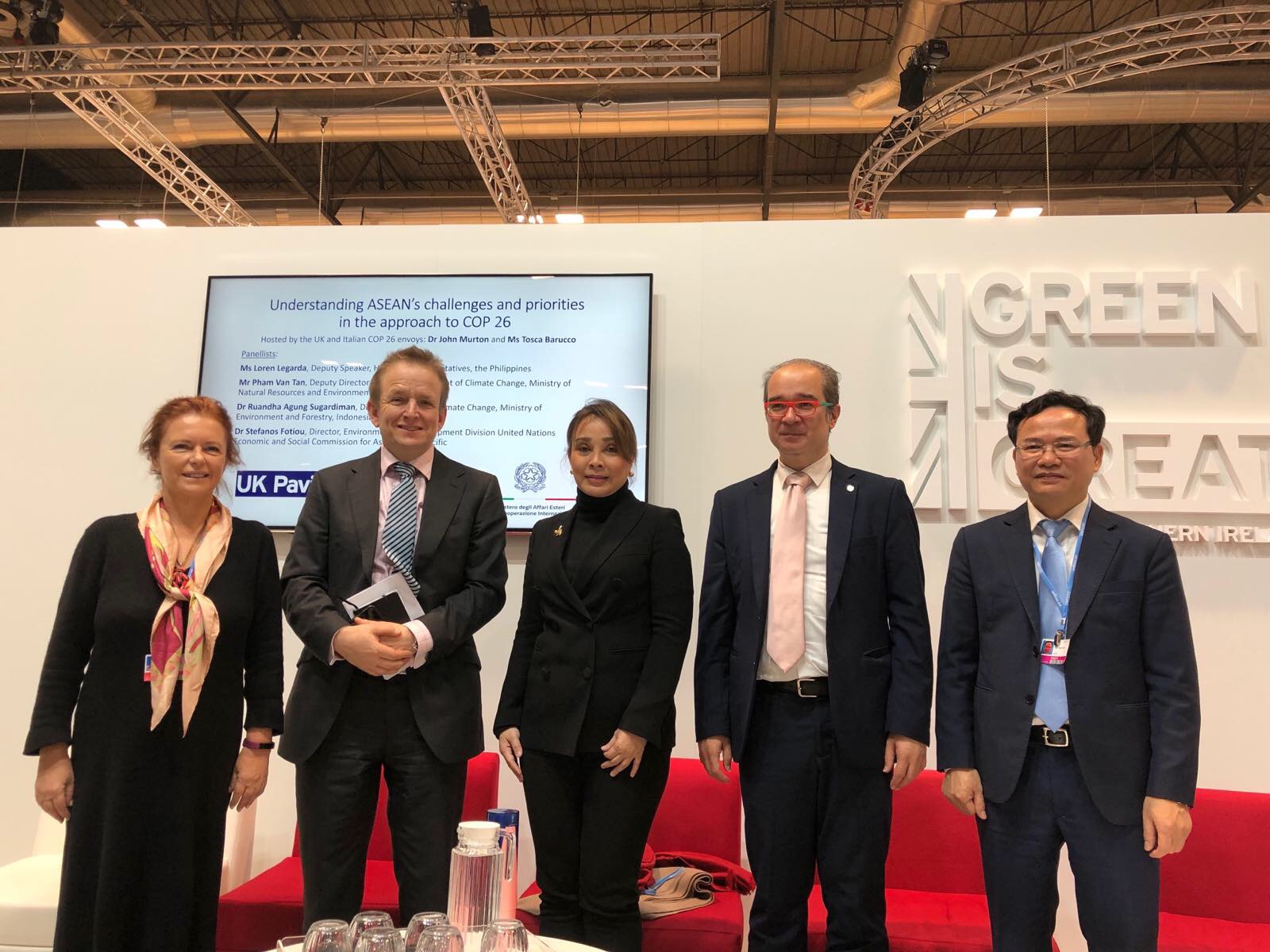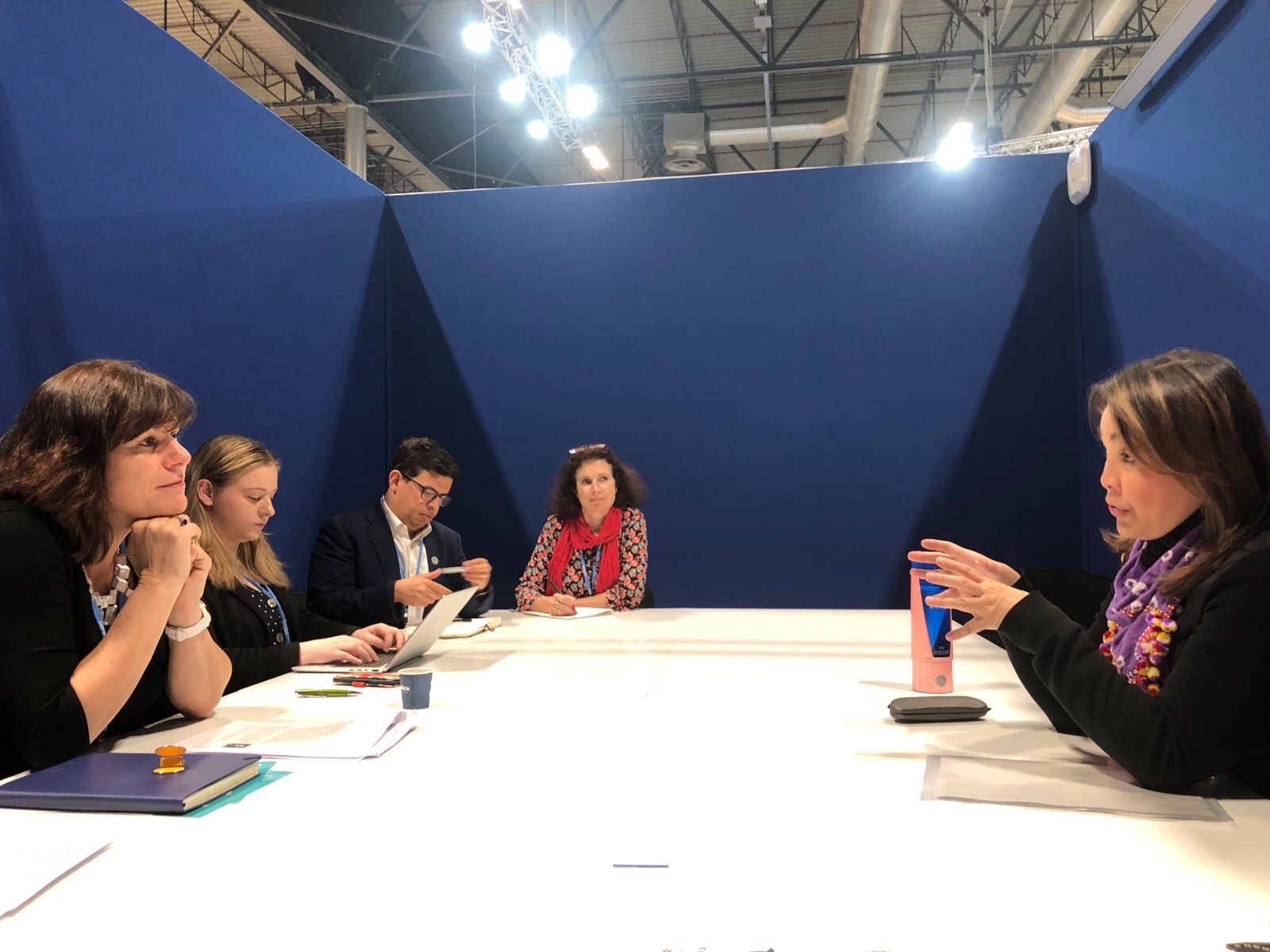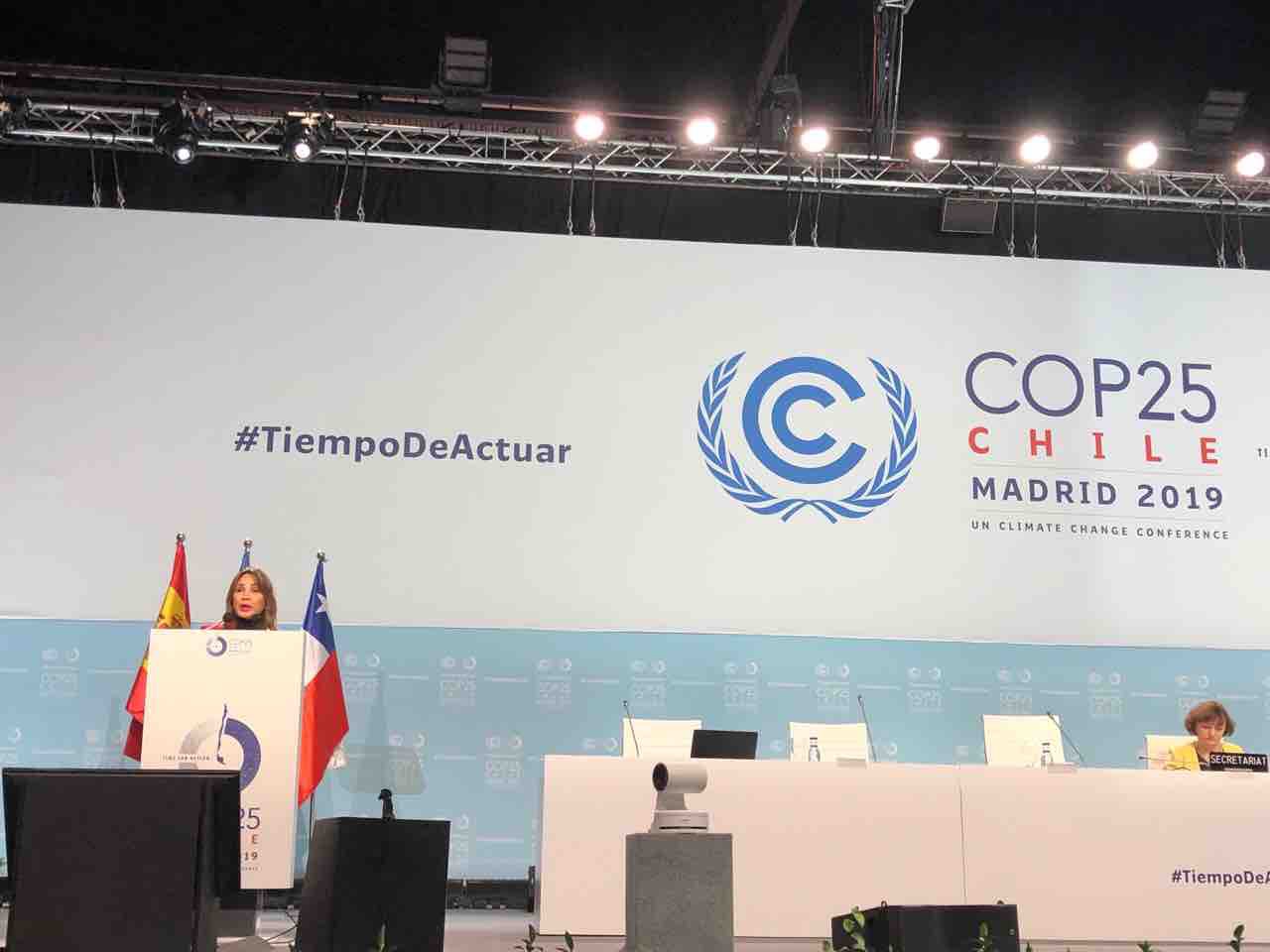QUEZON CITY, 19 February 2020 – Deputy Speaker and Lone District of Antique Representative Loren Legarda highlighted the possible connection between unsustainable use of wildlife for food and the COVID-19 in her privilege speech on Monday, 17 February.
The COVID-19, or the coronavirus disease 2019, a new strain of coronavirus first identified in Wuhan, Hubei, China in December last year, has infected more than 49,000 people in 28 countries and territories around the world and has claimed the lives of more than a thousand people, including a Chinese national who died here in Manila.
“As the courageous workers in our health care system and local governments tackle the dangers, we as Filipinos and human beings must also recognize a historic opportunity to rethink our relationship with nature, and the lifestyles that compel us to kill wildlife to sell and consume as food or medicine,” said Legarda.
“As we continue to stand in solidarity with the international community in containing this outbreak and in ensuring the safety of the Filipino people, we must reflect on the causes of this outbreak and on ways to avoid and overcome future and interconnected threats,” Legarda continued.
Illegal smuggling, trafficking, and poaching of wild animals are still operational and remain rampant across many Asian countries and across the globe. Experts say that there is a high likelihood that the COVID-19 came from the illegal wildlife trade, as people are eating various kinds of wildlife.
“This ongoing public health crisis is only one of many that will beset us if we continue to ignore the warnings of scientists. If we continue on the path to a warming planet as we seem to be doing, we could use this crisis in three ways: as a test of our current coping mechanisms, as a drill for future crises, and as a wake-up call to the connection of this public health crisis to the destruction of biodiversity and ecosystems on which we all depend,” Legarda exclaimed.
Legarda also emphasized that overcoming threats like the COVID-19 will require functioning local ecosystems, local sufficiency of prime commodities, avoidance of mass hysteria and the ability to survive lockdowns.
She also encouraged the international organizations and communities to make the necessary shift and step up efforts toward successfully regulating the trade in wildlife, such as:
• Reinforce the provisions of the Convention on International Trade in Endangered Species of Wild Fauna and Flora (CITES) on transformative change in wildlife conservation and management and in combating wildlife trafficking on all fronts. This should be the primary legal framework for regulating international trade in species of wild animals and plants. Our country should take decisive steps to ensure effective wildlife trade controls on all fronts.
• Ensure an ambitious, meaningful, and inclusive post-2020 global biodiversity framework. This year, the Conference of the Parties to the Convention on Biological Diversity will adopt a post-2020 global biodiversity framework as a stepping stone towards the 2050 Vision of “living in harmony with nature”. Armed with the latest science enriched by indigenous knowledge systems, we must deepen our understanding of our ecosystems and what levels of change they can sustain. We need to ensure equitable access and benefits associated with biodiversity.
• Develop science-based standards, guidelines and recommendations on disease prevention, detection, and control that will enable governments to safeguard biodiversity and public and animal health worldwide. This includes policy frameworks on disease risk management specifically catering to the interface among wildlife, domestic animals, and humans.
“We can start”, she continued, “with two bills I aim to file in the coming days, revising the wildlife act to include better detection and higher penalties, and to create a new bureau in the DENR to ensure swift, fair and certain enforcement for effective deterrence.”
She said that these measures will not only strengthen the international effort to tackle illegal wildlife trade and prevent public health crises, but also contribute to the sustainability of our planet.
“Also, DOH should give flesh to Sec 31d of the Universal Health Care Law mandating adequate funding support for participatory action research on high impact, cost effective health promotion measures, one of which can be outbreak prevention by finding causes in wildlife consumption,” Legarda added.
“We have ignored the laws of nature to our peril. It is time to heed her warnings: do not eat what is not intended for human consumption, do not trade what should not be traded. We must relearn to coexist with animals, and their habitats.”
“We have many laws in place already but we need to treat them as measures for survival rather than mere obstacles to the relentless pursuit of an economic future that will be mired in new dangers. We will not survive this and other coming changes unless we value the intricate interrelationships of all life on earth, unless we see that the rules of the game have changed and we need a fundamental shift in the way we live. From what we eat, how we travel, how we manage our discards, to how we do business and treat each other, this august body has to forge new ways to support these changes with policy,” said Legarda.
Privilege Speech of Deputy Speaker Loren Legarda on COVID-19 and Biodiversity Conservation
February 18, 2020 Tuesday

